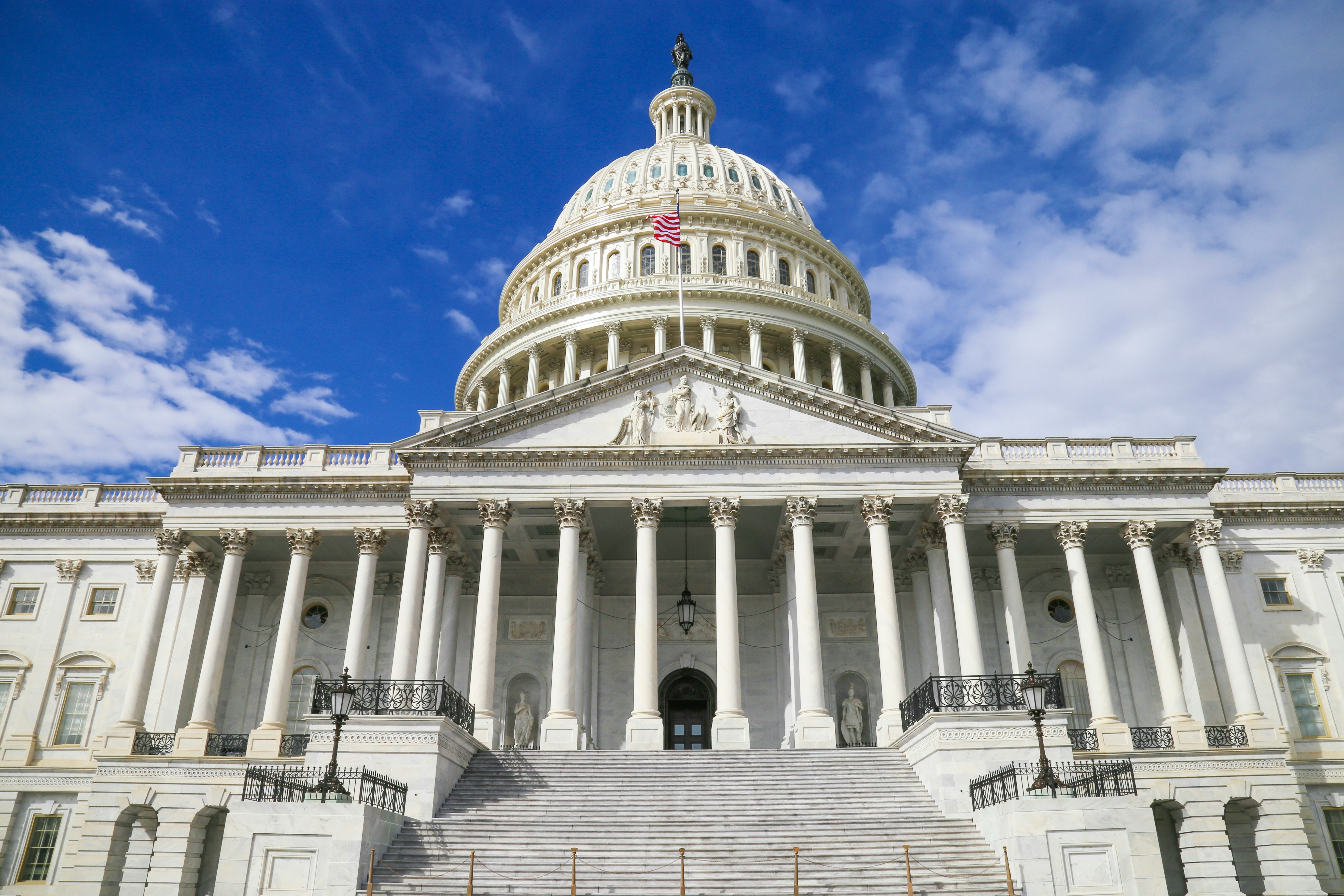June 5 is World Environment Day, an annual occurrence that the United Nations Environment Programme launched in 1973 to engage the public to protect and restore the Earth.
And at Altus Power, we’re celebrating World Environment Day by spotlighting the environmental benefits of Community Solar, subscription-based clean energy programs that connect customers with solar energy projects around the United States.
Unlike fossil fuel energy sources, the generation of power from Community Solar projects creates no carbon emissions.
The combustion of fossil fuels for electricity emits greenhouse gases like carbon dioxide, which trap heat in the Earth’s atmosphere, which the U.S. Environmental Protection Agency explains has resulted in more severe weather events and rising sea levels.
But solar power — Community Solar included — generates electricity without carbon emissions. In fact, the 780,000 megawatt hours of electricity Altus generated in 2023 helped avoid 550,000 metric tons of CO2 equivalents, compared to utility power. That’s the equivalent of the electricity consumption of more than 100,000 homes.
Air pollution from fossil fuels harms crops, too
Research indicates that the soot and ozone generated from the combustion of fossil fuels harms yields of crops, according to the World Economic Forum. In fact, some states in India have experienced 50% relative yield losses. Soot absorbs sunlight, limiting the light available for plants’ photosynthesis. Ozone, meanwhile, enters leaves through normal gas exchange and causes yellowing, cell injury, and other negative effects in crops.
Not using fossil fuels helps protect our oceans.
Fossil fuel use can also be detrimental to the Earth’s oceans. For one, oceans absorb at least a quarter carbon dioxide emitted from fossil fuels, leading to increased acidity that endangers marine organisms and coral reef habitats, according to the Environmental and Energy Study Institute. Additionally, wastewater from fossil fuel use can be toxic, with lead, arsenic, chlorine, and mercury contaminating groundwater, the institute reports. And the extraction, transport, and refining of fossil fuels can lead to oil spills that are catastrophic to wildlife and natural habitats.
Solar arrays can provide habitats for pollinators.
Bees, butterflies, and other pollinators are crucial for about 35% of global food production, as the U.S. Department of Energy’s Office of Energy Efficiency & Renewable Energy reports. And solar arrays like the ones used in Community Solar projects can provide habitats for pollinators, benefiting both the insects and the nearby agriculture. A study funded by the U.S. Department of Energy Solar Energy Technologies Office (SETO) determined that pollinator habitats at current or planned utility-scale solar deployments in the United States could benefit 1,350 square miles of nearby agricultural land, an amount of land greater than the area of Rhode Island.
Community Solar allows more people to access the benefits of cleaner energy.
Some environmentally minded consumers can't install solar power systems at home —whether it’s because they can’t afford such a system or don’t have the credit rating to get a home solar loan, they don’t have a rooftop sunny enough or suitable for a solar array, or they simply don’t own their building. For these customers, Community Solar options like Altus Power offer opportunities to participate in renewable energy without overhead costs, equipment, or maintenance — and to work toward a greener, healthier future.
Interested in getting started with Community Solar?
Reduce your electricity costs and help your community go green with Community Solar.




.png)
